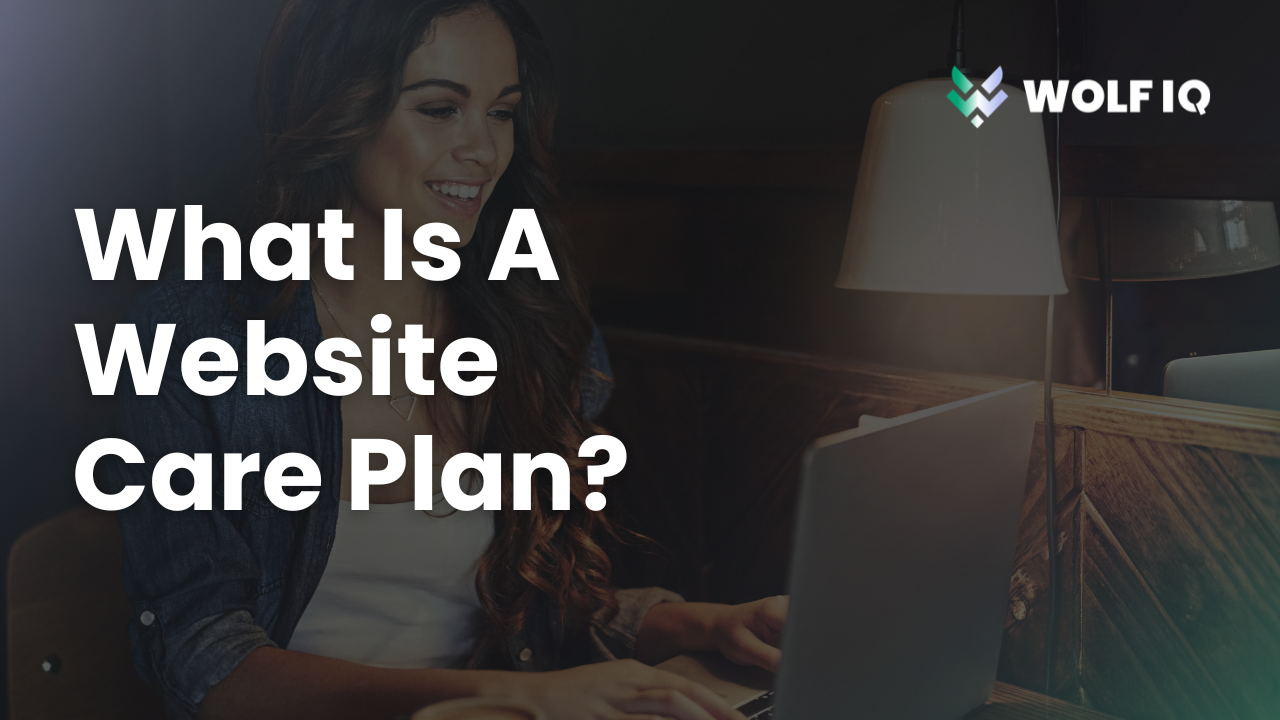SEO vs PPC: Understanding the Key Differences
Understanding the difference between SEO and PPC is crucial for businesses aiming to optimise their online marketing strategies.
This article explores the distinct roles and benefits of organic search engine optimisation (SEO) and pay-per-click (PPC) campaigns.
We’ll break down SEO and PPC so you can choose what drives results.
What is SEO?
SEO helps your site rank higher on Google without paying for ads.
When people search in google, the organic search results are shown below the 'Sponsored' (or PPC) ones.

SEO involves improving your website to increase its visibility when people search for products or services related to your business in Google and other search engines.
The goal is to drive organic traffic to your site without paying for ad placement.
- Organic ranking: SEO focuses on achieving higher placements in search results through organic means, not paid ads.
- Content optimisation: This involves tweaking your site's content so that search engines deem it relevant to the queries entered by users.
- Strategic enhancements: Regular updates and strategic enhancements to your website can improve its overall SEO performance.
SEO makes your site easier for search engines and people to find.
Benefits of SEO
- Credibility and trust: Ranking higher boosts your credibility and builds trust with search engines and users alike.
- Cost-effective: SEO is free to run—your only investment is time and strategy. Search engines crawl your site 24/7, promoting valuable content and helping you find new customers organically.
- Supports content marketing: By creating helpful content for visitors, including text, images, and videos, your site will rank better in search results.
- Maximises PPC campaigns: SEO and PPC work exceptionally well together, enhancing visibility and effectiveness.
- Competitive advantage: Being on the first page of a Google search is crucial, as those results get over 90% of traffic.
- Reach and engagement: SEO can help you reach people at any stage of the buying process and improve user engagement, potentially leading to more conversions and increased ROI.
.png)
What is PPC?
PPC stands for pay-per-click. It is a model of internet marketing where advertisers pay a fee each time one of their ads is clicked, essentially buying visits to their site.
When people search in google, the PPC advertisers are shown as 'Sponsored' (above the organic results). This is paid real estate and attracts the most clicks.

Approximately 65% of clicks on search engine results pages (SERPs) are on pay-per-click (PPC) ads, while the remaining 35% are on organic search results.
PPC is like renting a top spot on Google. You only pay when someone clicks.
- Keyword bidding: Advertisers bid on keywords relevant to their target audience, paying for the chance to appear in the ad spaces on search results pages.
- Cost per click: Each click on an ad represents a direct cost to the advertiser, varying based on competition for the keywords.
- Ad placement: Ads may appear on search engine results pages, social media platforms, or other websites, prominently displayed to attract clicks.
PPC can deliver rapid results, making it an excellent strategy for driving quick traffic to your site.
Benefits of PPC
- Fast results: PPC gets your website or brand on top of Google within hours of launching your campaign, ideal for startups or small businesses needing immediate visibility.
- Cost control: You have complete control over how much you spend, paying only when visitors click your website or landing page link.
- Targeting precision: PPC lets you target buyers who are ready to act.
- Immunity to algorithm changes: PPC ads are less affected by search engine algorithm changes, offering more stability in your advertising.
.png)
Key Differences: SEO vs PPC
Here’s how they stack up:
The Winning Combo: SEO + PPC
Using SEO and PPC together is a solid way to boost your reach, bring more people to your site, and fine-tune your overall strategy. When you combine both, you're giving your business the best shot at being seen across search engines.
The key thing to remember is:
- PPC gets you traffic fast, perfect for things like product launches or time-sensitive promos where you need eyes on your site right away.
- SEO takes longer, but it pays off over time by building steady, reliable traffic and helping your site show up when people are actively searching for what you offer.
The data you get from PPC can actually help improve your SEO — you’ll see which keywords are converting and what messaging resonates, so you can apply that to your organic content too.
So when you’re running ads, you’re not just promoting — you’re also pulling in more traffic. And when you line that up with solid SEO, you’re covering both short-term wins and long-term growth.
What’s Next?
Start by assessing your goals: Need immediate traffic? PPC is your starting point.
Looking for lasting results? SEO is your best bet.
Want to dominate your niche? Combine the two for maximum impact.
If you’d like to learn more about how SEO and PPC advertising can help your business, we’d love to hear from you!







.png)
.png)



